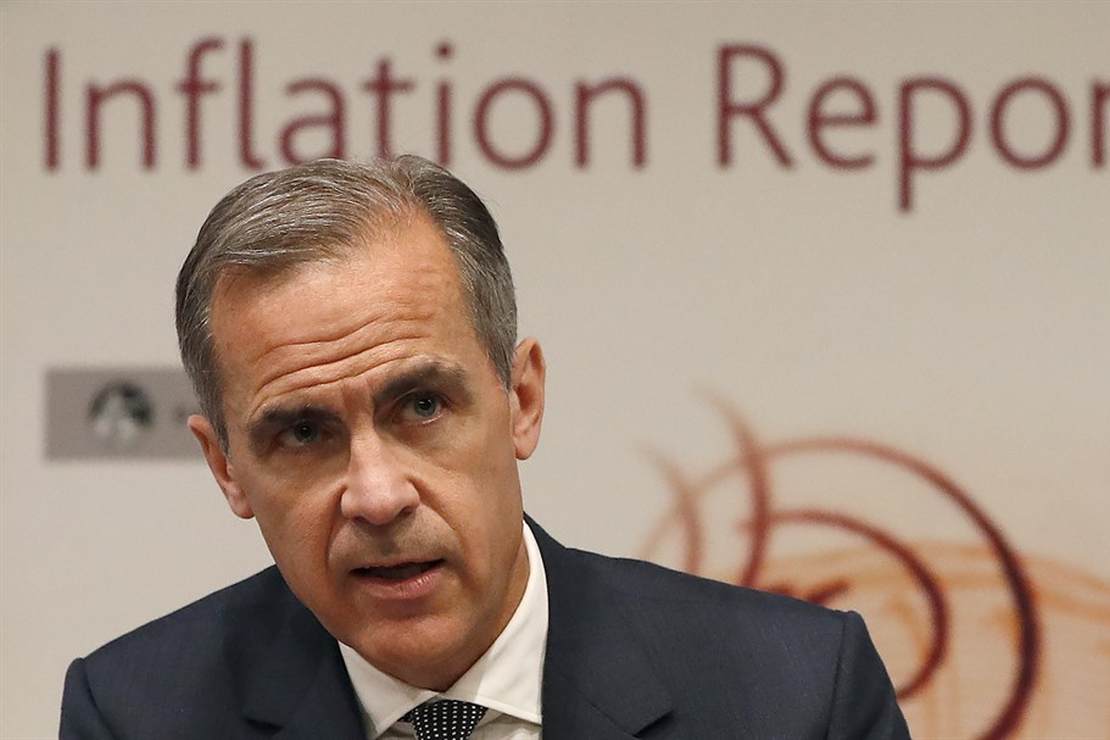
On Wednesday, the Federal Reserve announced the latest in a series of generous interest rate hikes designed to grapple with the no-longer-transitory-blip of inflation. Per Townhall:
According to the Fed’s statement announcing its latest rate hike — bringing the target to 3.75-4.00 percent — that their goal is “maximum employment” and inflation at a much lower rate of just “2 percent.”
Wednesday’s announcement of yet another rate hike is the sixth consecutive increase of 2022 and fourth hike of 75 basis points in a row and brought the target rate to a level not seen in roughly 15 years.
Well, if misery loves company, we can perhaps take some solace in the fact that the US is not alone in this. On Thursday, the Bank of England followed suit and also hiked rates by .75 percent.
JUST IN – Bank of England hikes interest rates by 0.75% to 3.00% — biggest rise for more than 30 years.
— Disclose.tv (@disclosetv) November 3, 2022
Noting it as the biggest hike since 1989, the BBC reports:
The latest rate hike – the Bank’s eighth since December – takes borrowing costs to their highest since 2008, when the UK banking system faced collapse.
The Bank believes by raising interest rates it will make it more expensive to borrow and encourage people not to spend money, easing the pressure on prices in the process.
But while its latest rate rise will be welcomed by savers, it will have a knock-on effect on those with mortgages, credit card debt and bank loans.
READ RELATED: Elon Musk Bent the Knee, and Now He's Going to Learn a Valuable Lesson
This, of course, comes amidst the backdrop of the death of Queen Elizabeth II, and the departure of Prime Minister Boris Johnson, followed almost immediately by the replacement of Liz Truss by Rishi Sunak.
Per the BBC:
The Bank’s rate decision comes before the government unveils its tax and spending plans under new Prime Minister Rishi Sunak at the Autumn Statement on 17 November.
On Thursday, the pound slumped 2% against the dollar and the cost of government borrowing rose in response to the Bank’s warnings.
The Bank has done something it doesn’t normally do in the published minutes of its decisions – it has given guidance that seems to suggest a peak in interest rates of about 4.5% next autumn.
For those with a glass half-full – this is lower than the 6% assumed just a month ago in the post mini-budget market turmoil.
While government borrowing costs and the level of the pound has somewhat recovered after a series of U-turns since, mortgage markets and business loans are still showing some stress, adding to the prolonged hit to the economy.
The forecast predicts that the unemployment rate will rise, while household incomes will come down too.
While the Bank is signaling a lower peak rate than some had feared, even the suggested peak implies several more significant hikes await. Will these moves by both the Fed and the Bank of England achieve the stated goal of reining in inflation? It looks as though there are some rough roads ahead before we know the answer to that.
Trending on Redstate Video
Source:






